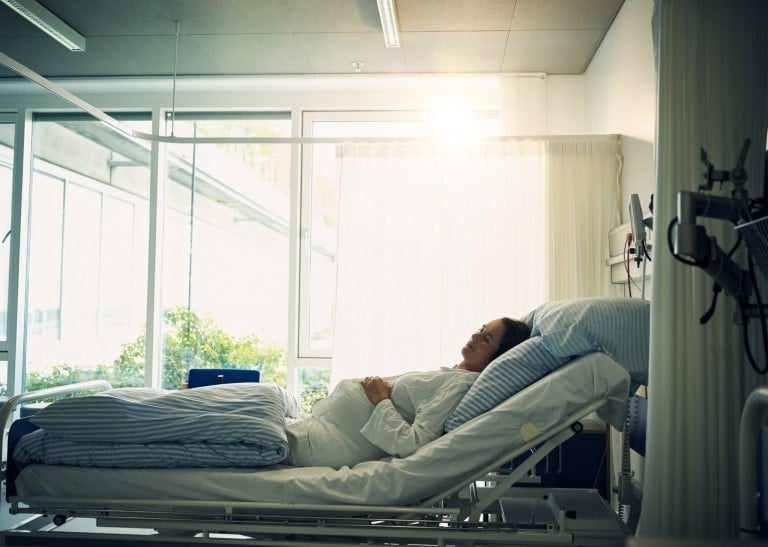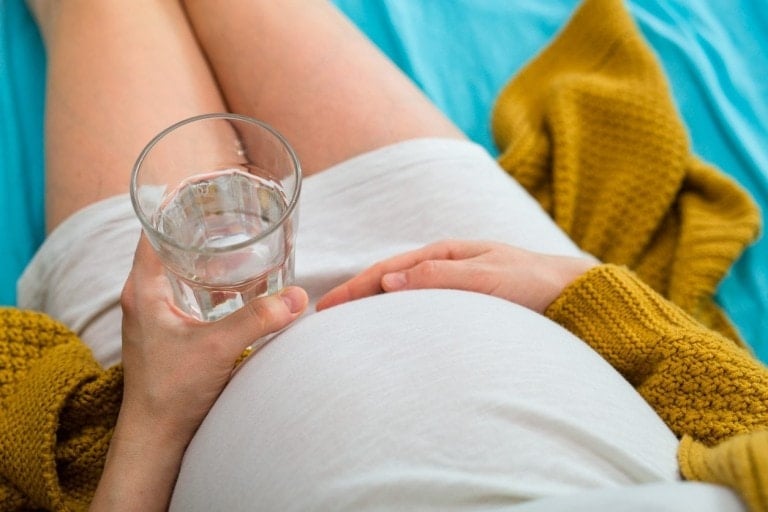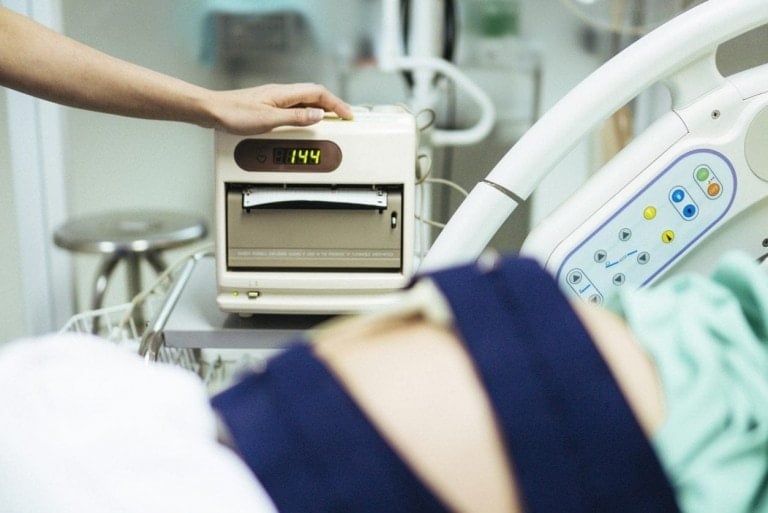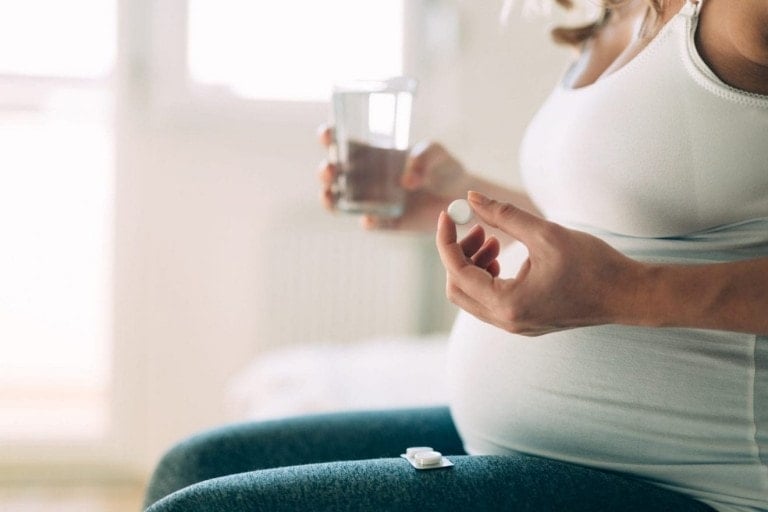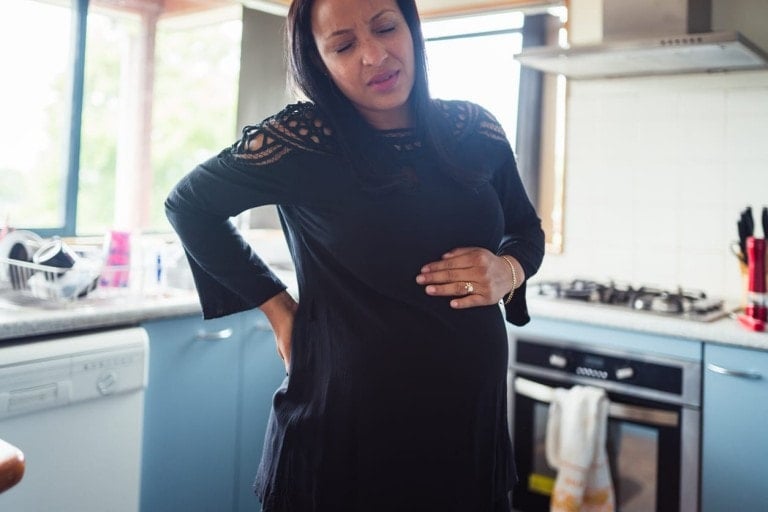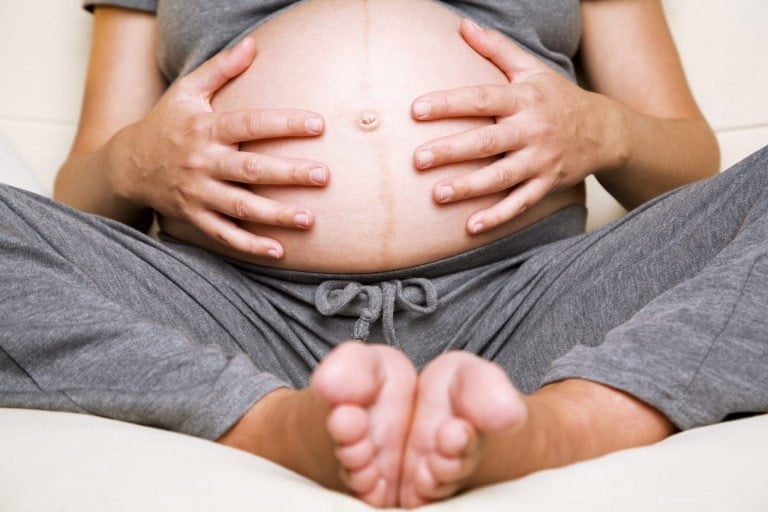Puberty may have been the last time you thought about hormones, but they are a significant part of pregnancy changes. Having an understanding of how hormones influence these changes can help demystify some of the effects they have on your body. Learning about pregnancy hormones can also help explain some symptoms they may cause as your body adapts to your pregnancy.
What are Pregnancy Hormones?
Hormones are chemicals produced by certain glands and organs throughout the body. They communicate information between body parts and help to carry out specific functions.6
Some important hormones in supporting a healthy pregnancy include human chorionic gonadotropic (hCG), estrogen, progesterone, relaxin, prolactin, and oxytocin. These hormones are vital in maintaining an environment where your baby can grow, preparing your body for labor and delivery, and establishing lactation, if you feed your baby breast milk.1,2
In addition to causing many physical changes during pregnancy, dramatic shifts in levels of hormones, particularly estrogen, and progesterone, can contribute to mood swings. You may notice these in the first trimester, and they may reappear again in the third trimester as hormones fluctuate in preparation for delivery.11
Human Chorionic Gonadotropin (hCG)
Your body produces human chorionic gonadotropin (hCG) once a fertilized egg implants into the lining of your uterus. The developing placenta begins the production of hCG. Home pregnancy tests are designed to detect levels of this hormone in urine about two weeks after conception.2
HCG is also thought to contribute to the telltale pregnancy symptoms of nausea and vomiting, also known as morning sickness, which can occur at any time. Morning sickness usually decreases by the end of the first trimester, although it can last the entire pregnancy in some mothers.1
Estrogen
Elevated estrogen levels can contribute to symptoms of morning sickness, and in early pregnancy, it is key in supporting fetal growth. This gives your placenta time to develop until it can take over and support continued fetal organ development.4
Another function of estrogen in pregnancy is starting the rapid growth of the uterus. During pregnancy, the uterus will increase to about 15 times its original size. In addition to growing in size, the uterus undergoes dramatic shape change to provide plenty of room for the placenta, amniotic fluid, and your growing baby.1
Estrogen contributes to the development of milk ducts and the growth of breast tissue in preparation for milk production. This can contribute to breast tenderness, and it also helps the uterine muscles be responsive to oxytocin during labor.2,4,11
Progesterone
Progesterone is a multifaceted hormone that contributes to the placenta’s development and promotes blood vessel growth, critical to ensuring adequate blood circulation to your baby.2
Progesterone also promotes smooth muscle relaxation, which allows your baby and placenta to grow inside the muscular walls of your expanding uterus. Other smooth muscles, particularly in the gastrointestinal (GI) tract, may be impacted by progesterone, and you may experience heartburn, acid reflux, and even vomiting. Smooth muscle relaxation in the lower GI tract can also contribute to flatulence and constipation.1,4
Relaxin
In early pregnancy, relaxin supports the growth and development of the placenta by causing blood vessels supplying it to relax, increasing blood flow. Throughout pregnancy, this hormone also acts as a uterine contraction inhibitor to prevent labor from starting too early.2
Toward the end of pregnancy, relaxin is responsible for softening ligaments, especially in the joints of the pelvis.2,6
Because of the effects of relaxin on your joints, you should be aware of the increased risk of back injuries related to looser ligaments during specific types of exercise. Once labor does begin, relaxin also helps soften the cervix in preparation for delivery.2,4
Prolactin
The pregnancy hormone prolactin also influences breast tissue growth. It causes the mammary glands to increase in size and prepares the breasts to begin producing milk. After delivery, to prevent producing too much breast milk, prolactin is produced as a direct result of nipple stimulation. This means that your prolactin levels naturally increase and decrease.2
Your breast milk supply establishment and maintenance depend on several factors, including prolactin production because of adequate nipple stimulation. During times when you do not breastfeed or pump, milk production begins to decrease, and prolactin levels return to pre-pregnancy levels in about 1 to 2 weeks.10
Oxytocin
When labor begins, oxytocin causes the muscles of your uterus to contract. If labor does not start spontaneously, synthetic oxytocin, called Pitocin, can induce labor. After delivery, oxytocin continues to cause uterine contractions, essential in clamping down on the blood vessels that had previously supplied your placenta. This is key to preventing postpartum hemorrhage.2,4
Since nipple stimulation causes oxytocin to be released, this can cause uterine cramping during breastfeeding in the initial postpartum days. During breastfeeding, the letdown reflex is facilitated by the release of oxytocin. It is also an important facilitator of social bonding, especially between you and your new baby.7,8,9
While pregnancy hormones are the culprits of some less-than-comfortable symptoms, these are normal and temporary. Whenever you feel overwhelmed by all the changes your body is experiencing, take a deep breath and rest assured that your pregnancy hormones are hard at work, preparing your body for the day you meet your baby.




















